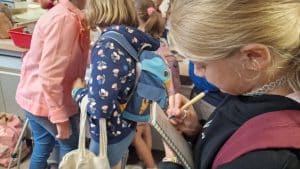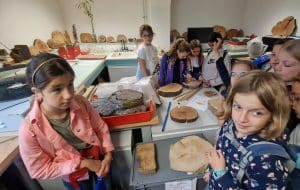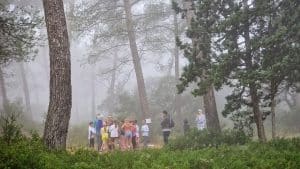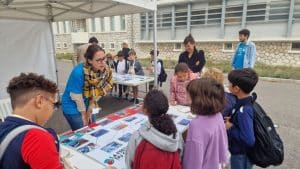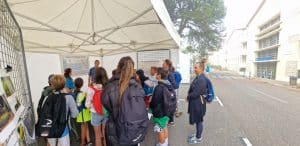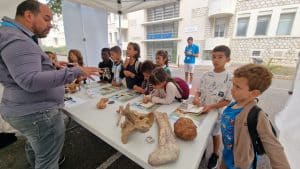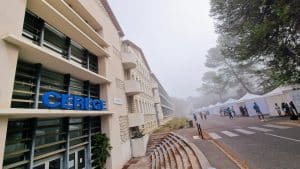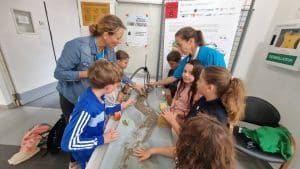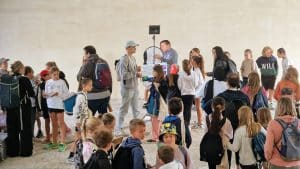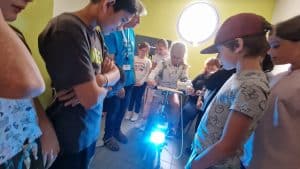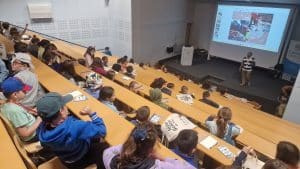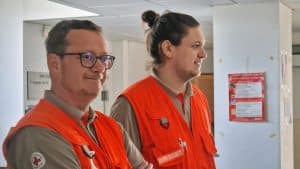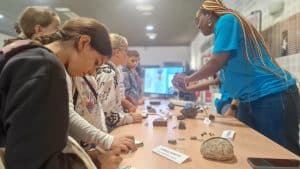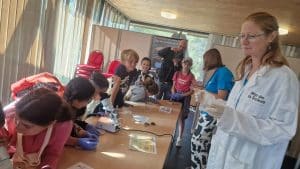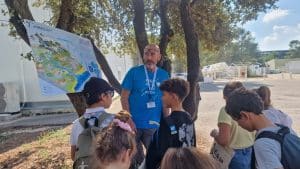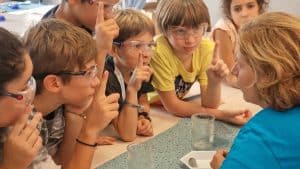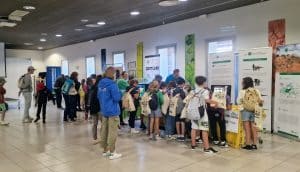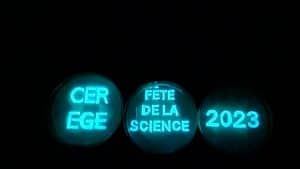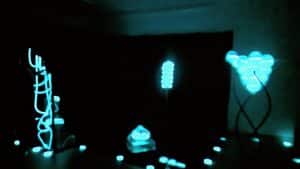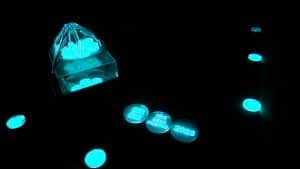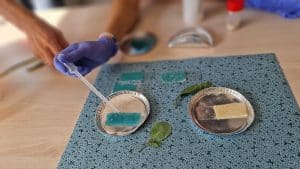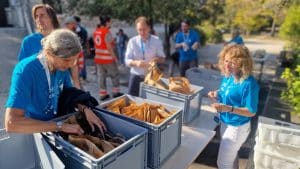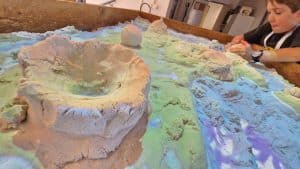For the past nine years, the Village des Sciences de l'Arbois has been welcoming primary school children from Aix-en-Provence and the surrounding area to give them a taste for science, awaken their curiosity and make the secrets of our beautiful planet accessible to them.
The operation was a success on Thursday 12 October, with 9 schools, 20 classes and more than 500 pupils in attendance, happy to discover the workshops on their programme as part of the 41 events organised on the site.
Contemplation, questioning, astonishment and even wonder were all evident on the faces of the children and those accompanying them, who were just as eager to learn and to know.
The schoolchildren left with their memories in their heads, notebooks and pens in their pockets, to continue their reflections and discussions in their respective classes.
We wish them all the best for the new school year!


